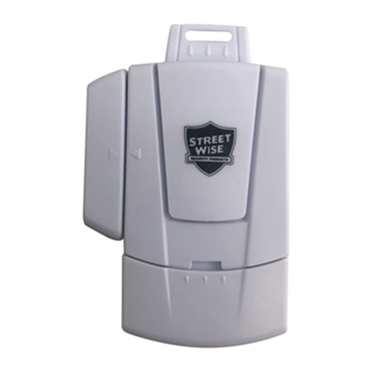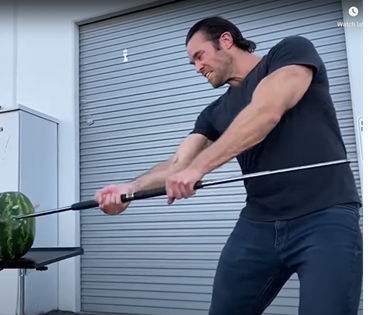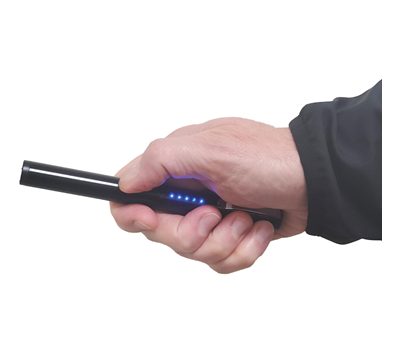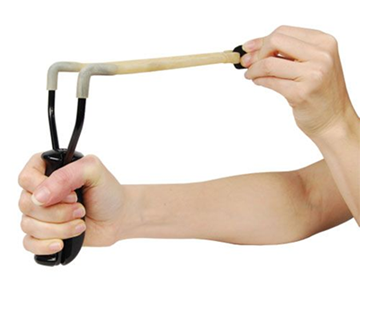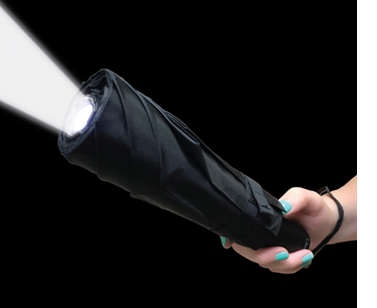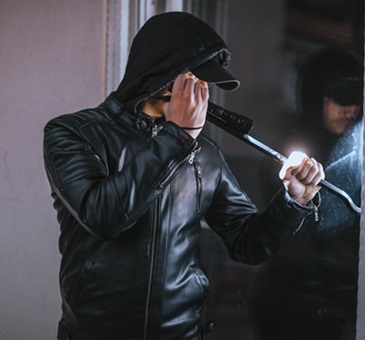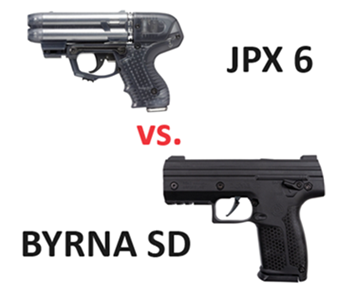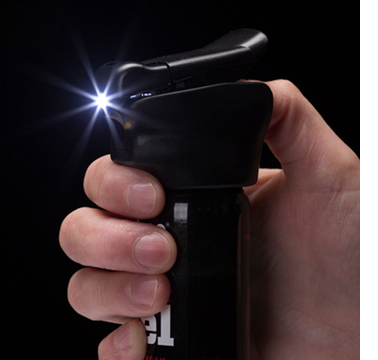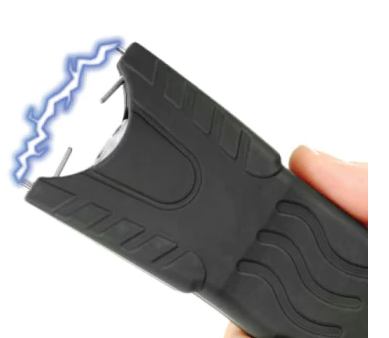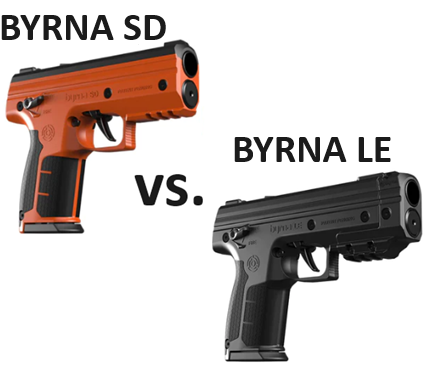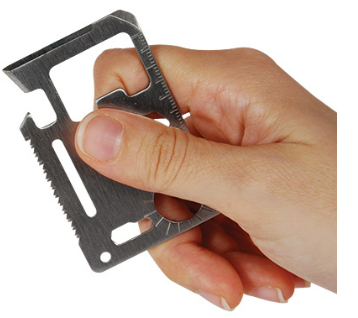Pepper Spray Laws: Where It's Legal and Where It Can Be Shipped
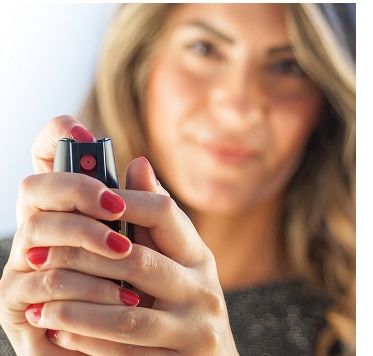 Pepper spray is a popular self-defense tool that can provide a sense of security and personal protection. However, it's essential to be aware of the laws and restrictions surrounding its purchase and use. In this blog post, we will provide an in-depth overview of pepper spray laws and restrictions in various states across the United States. We will focus on states where pepper sprays are restricted and those with specific limitations. By understanding these regulations, you can ensure compliance and make informed decisions when it comes to purchasing and shipping pepper spray.
Pepper spray is a popular self-defense tool that can provide a sense of security and personal protection. However, it's essential to be aware of the laws and restrictions surrounding its purchase and use. In this blog post, we will provide an in-depth overview of pepper spray laws and restrictions in various states across the United States. We will focus on states where pepper sprays are restricted and those with specific limitations. By understanding these regulations, you can ensure compliance and make informed decisions when it comes to purchasing and shipping pepper spray.
Pepper Spray Laws and Restrictions
It's important to note that pepper spray laws and restrictions can vary from state to state. While pepper spray is legal in all 50 states, certain cities and states may have specific regulations regarding its purchase, possession, and use. Let's take a closer look at the states where pepper sprays are restricted and those with specific limitations:
-
States Where Pepper Sprays are Restricted:
a) New York: In New York, residents may only purchase defense sprays from licensed Firearms Dealers or licensed Pharmacists within the state. However, there are exceptions for shipping specific types of pepper sprays into New York, such as dog pepper spray and bear pepper spray.
b) Massachusetts: Massachusetts residents may only purchase defense sprays from licensed Firearms Dealers within the state. Similar to New York, there are exceptions for shipping dog pepper spray and bear pepper spray into Massachusetts.
-
States Where Pepper Sprays Have Some Restrictions:
a) Michigan: OC (Oleoresin Capsicum) pepper spray must not exceed a 2% concentration. Tear gas is not permitted, and combination sprays are prohibited.
b) Wisconsin: Tear gas is not permissible in Wisconsin. OC pepper spray products must have a maximum OC concentration of 10% and weigh between 15-60 grams. The spray cannot be camouflaged and must have a safety feature to prevent accidental discharge. The effective range should not exceed 20 feet and must be at least six feet. Specific labeling and packaging requirements, such as age restrictions and manufacturer contact information, also apply.
It's important to understand that the above information is a general overview, and it's advisable to consult your local city or state attorney's office for precise and up-to-date regulations in your area. Additionally, laws may vary within different municipalities, so it's crucial to be aware of any local restrictions that may apply.
Conclusion
Pepper spray can be an effective personal defense tool, but it's crucial to familiarize yourself with the laws and restrictions in your area. While pepper spray is legal in all 50 states, certain states have restrictions and limitations on its purchase, possession, and use. States like New York and Massachusetts have specific regulations, while Michigan and Wisconsin have limitations on concentrations, sizes, and packaging. To ensure compliance and responsible use, it's recommended to check with local authorities or legal experts for accurate and current information regarding pepper spray laws in your jurisdiction.

